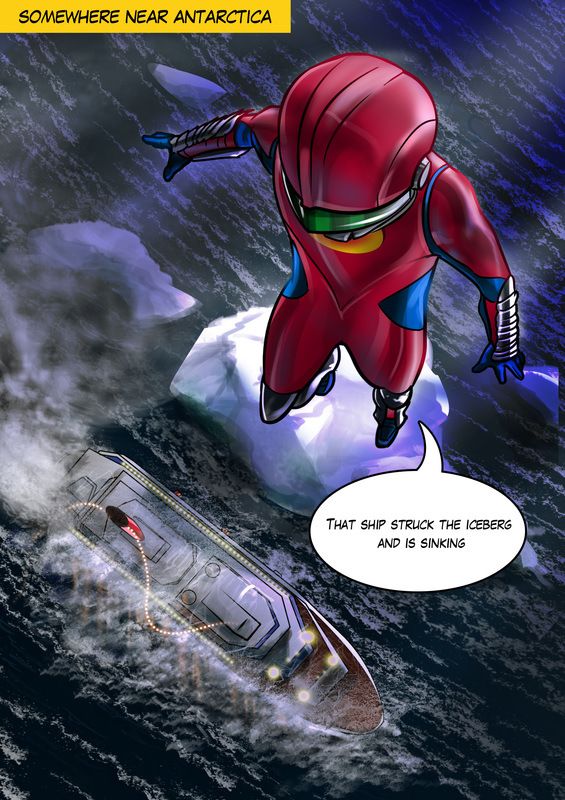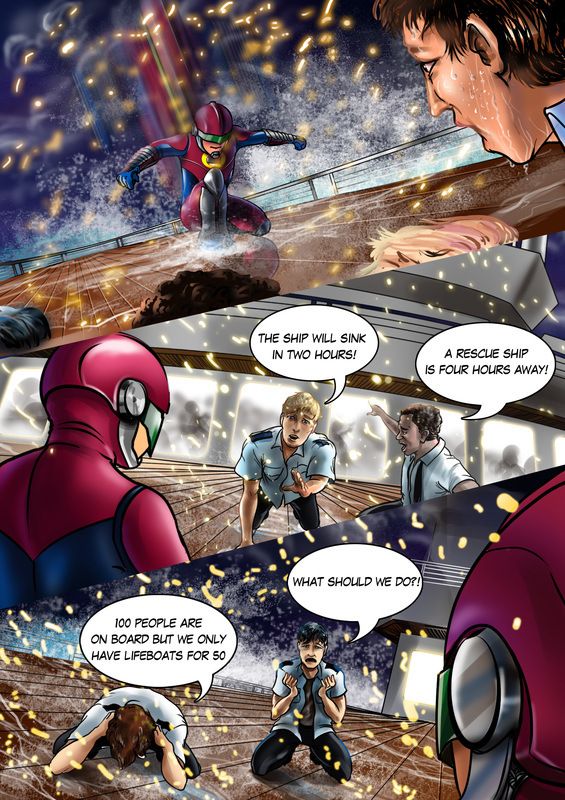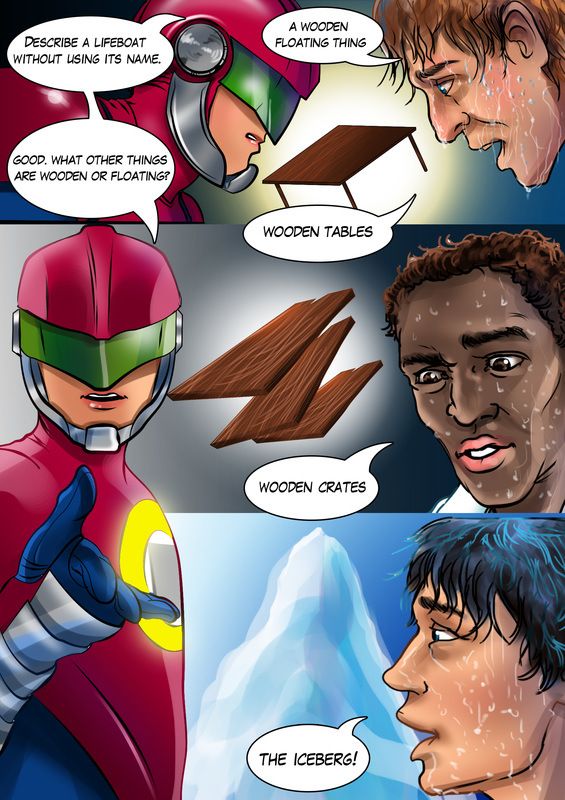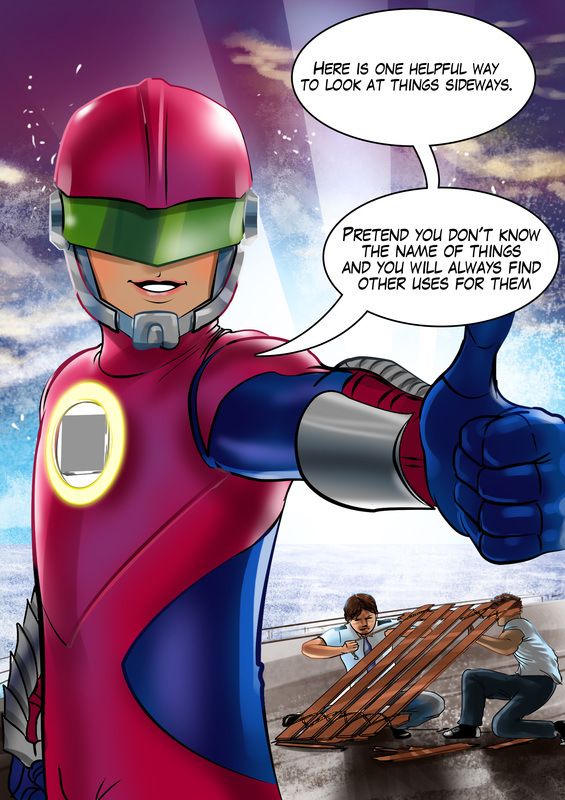Law and Crime
This Simple Trick Will Transform How You Solve Problems
Let Juliet, MacGyver and Captain Sideways teach you about functional fixedness
Posted July 14, 2015
You probably know the line, "What's in a name? That which we call a rose, by any other name would smell as sweet!" from Juliet's famous balcony soliloquy. Not only are these words a rich way to illustrate her unconditional love for the teenage Romeo she just met, but they show her deep understanding of one of the most profound roadblocks to problem-solving. See, it doesn't matter what a rose is called or, for that matter, what Romeo is called. The first is still a beautiful, smelly thing with thorns and the second is still her star-crossed, soon-to-be lover who happens to be cowering in the foliage.
The roadblock is called functional fixedness, the tendency to let an object's name define its use. A "hammer" is used for hammering; a "box" is used to hold things. Functional fixedness is the subject of famous problem solving experiments by the psychologist Karl Dunker. Try this one:
How can you fix and light a candle on a wall in a way so the candle wax won't drip onto the table below. To do so, one may only use the following along with the candle: a box of matches and a box of thumbtacks.
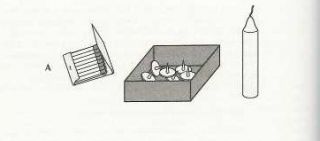
No, you can't stick a tack through the candle wick and into the wall; it would still drip onto the table below and it would stay fixed to the wall only as long as the burning wick held. No, you can't slightly melt the wax along the candle's edge and smush it against the wall; there's that darn dripping again. Do you see the trick? The trick is to break your functional fixedness on the idea that a box can be used only to hold matches or thumbtacks. Spoiler alert: click here for the answer on Wikipedia.
Podcaster Michael Britt of The Psych Files podcast curated the video below, showing Duncker-like examples of what can happen when we look past functional fixedness. Before you click play, ask yourself the following: How could you stir cake batter with items from your toolbox? Other than a knocker, what could you use to replace a faulty doorbell? Other than versions of a sweeper, how could you clear leaves without a traditional blower? What would you do on a sunny day to MacGyver a car's broken side mirror?
When a name becomes a verb, as in "to MacGyver," you know the person has made an impact. In the case of the aforementioned TV crime-stopper, his genius was to be completely unbound by functional fixedness. MacGyver knows that a sleeping bag cover and a forked branch can be a canoe paddle. And he knows how to make a magnifying glass out of a hairpin and wine. If, as so often happened, he was trapped by bad guys in a small room with only a rose, he would find a way to turn its stem and thorns into a blowgun, tipped with a tranquilizer made from its crushed petals.
Cognitive scientist Tony McCaffrey, PhD, knows how you and yours can adopt the problem-solving expertise of Juliet and MacGyver. His new superhero, Captain Sideways, will teach you how. Take a look at issue #1 of his new comic, here and also at www.sidewaysdiary.weebly.com to learn how to see past an object's name to its possible uses.
